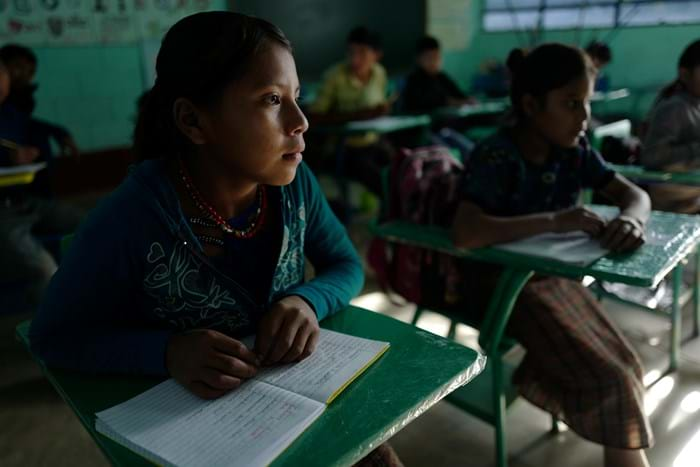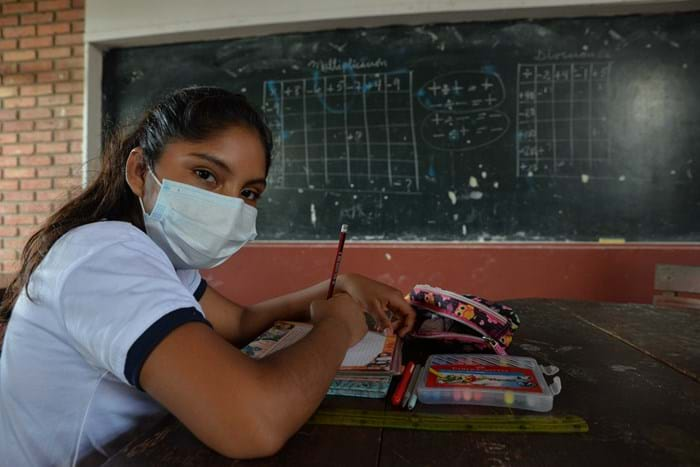- 0.0
is the average years of schooling for indigenous girls in Guatemala
- 00%
of girls below the age of 14 registered as pregnant were indigenous
Where
Rabinal, GuatemalaFocus area
EducationDuration
2019 - 2024Economy
DKK 9 million






Objectives
At the end of the project educational authorities of 15 primary and 5 secondary schools have adopted the model, empowering over 4,400 boys and girls in the targeted schools with improved reading and math skills, as well as 1,500 student making a successful transition to secondary school, continuing to strive for their life projects with support from their parents (and guardians).
It is also the ambition that the Ministry of Education approves not only the Achi Curricula but also the intercultural gender sensitive curricula and starts implementing it in non-project schools.
400 teachers will be trained to apply new content and methodologies for effective learning in their classrooms, with social and community recognition for their transformative efforts. As part of the
transformative approach, schools should be committed to the creation of classrooms and environments free from violence against girls.
The project also plans to raise the awareness of 1,600 parents to accompany and support their children's right to education, becoming important actors for violence prevention and reducing early pregnancy as well as improving education quality for their children.


